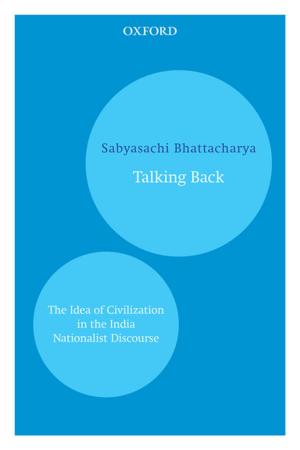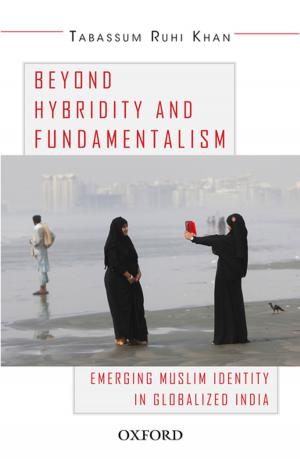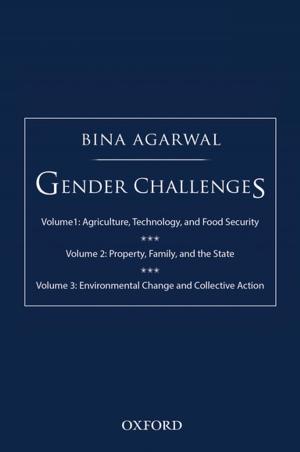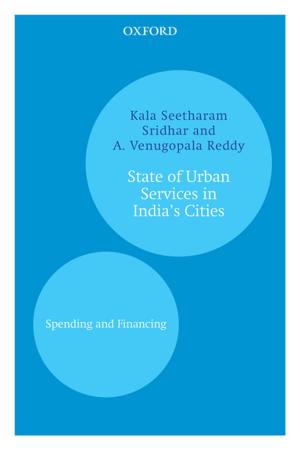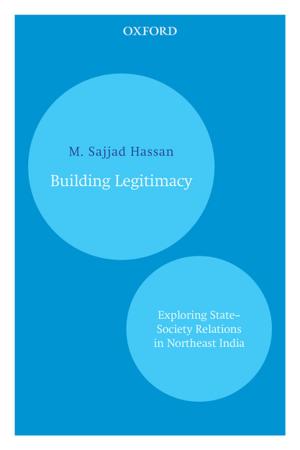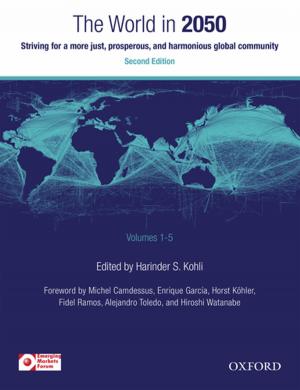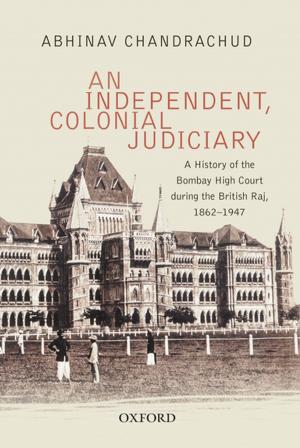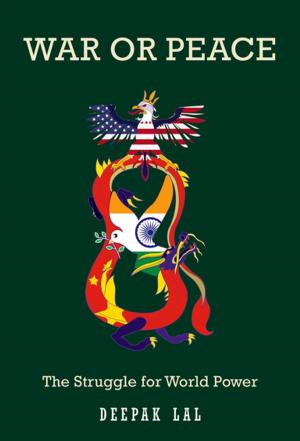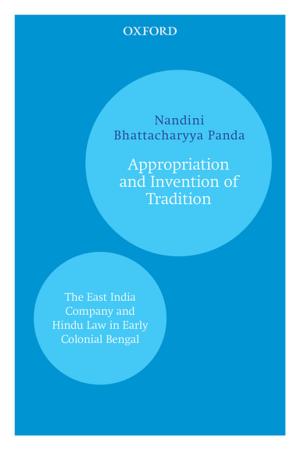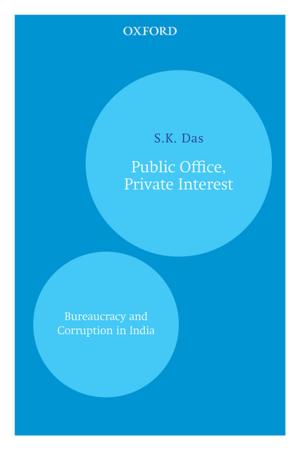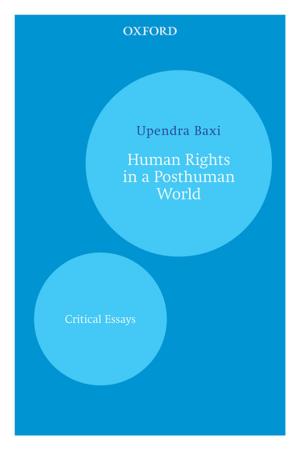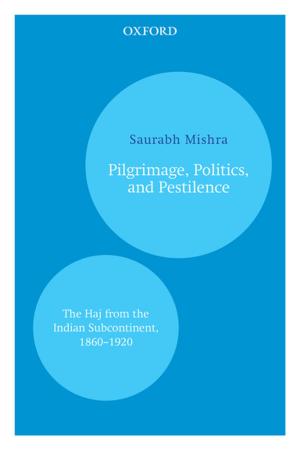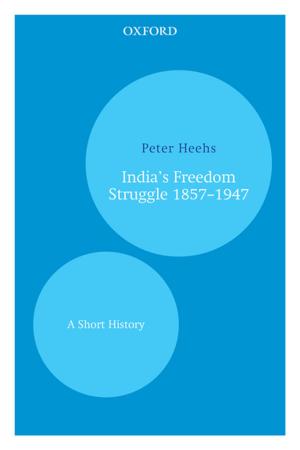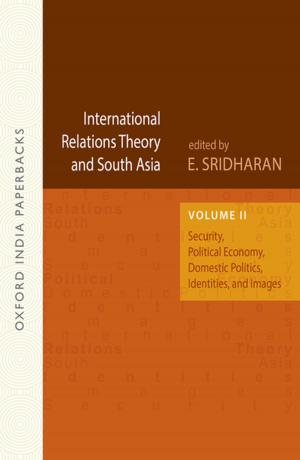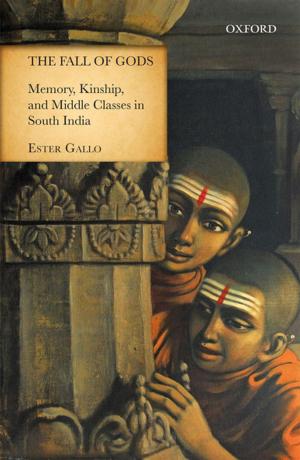The Trishanku Nation
Memory, Self, and Society in Contemporary India
Nonfiction, Social & Cultural Studies, Political Science, International, Foreign Legal Systems| Author: | Deepak Kumar | ISBN: | 9780199089536 |
| Publisher: | OUP India | Publication: | December 15, 2015 |
| Imprint: | OUP India | Language: | English |
| Author: | Deepak Kumar |
| ISBN: | 9780199089536 |
| Publisher: | OUP India |
| Publication: | December 15, 2015 |
| Imprint: | OUP India |
| Language: | English |
Taking a cue from the story of Trishanku—the mythological king who aspired to reach heaven while still alive—Deepak Kumar builds a compelling narrative on the state of contemporary India. Much like Trishanku, who only succeeded in being stuck in limbo between heaven and earth, India appears to be oscillating at the crossroads of modernity and tradition; development and corruption; and diversity and communalism. The Trishanku Nation presents a provocative account of a country marked by its contradictions and seamlessly combines everyday social history with academic insights. All through its civilizational progress India has defied simple categorizations. This suppleness has been its greatest strength and, to a large extent, also responsible for its myriad problems. This volume dwells on this predicament of post-Independence India. Based on memory, both historical and personal, it begins with the depiction of life in a moffusil town and moves on to examine closely issues of caste, religion, communalism, governance, corruption, education, science, culture, and so forth, as seen in the last five decades. Presented with rare verve and wit, and by using the lens of personal experiences, these ‘rumblings’ help unfurl layers of life in the Indian subcontinent.
Taking a cue from the story of Trishanku—the mythological king who aspired to reach heaven while still alive—Deepak Kumar builds a compelling narrative on the state of contemporary India. Much like Trishanku, who only succeeded in being stuck in limbo between heaven and earth, India appears to be oscillating at the crossroads of modernity and tradition; development and corruption; and diversity and communalism. The Trishanku Nation presents a provocative account of a country marked by its contradictions and seamlessly combines everyday social history with academic insights. All through its civilizational progress India has defied simple categorizations. This suppleness has been its greatest strength and, to a large extent, also responsible for its myriad problems. This volume dwells on this predicament of post-Independence India. Based on memory, both historical and personal, it begins with the depiction of life in a moffusil town and moves on to examine closely issues of caste, religion, communalism, governance, corruption, education, science, culture, and so forth, as seen in the last five decades. Presented with rare verve and wit, and by using the lens of personal experiences, these ‘rumblings’ help unfurl layers of life in the Indian subcontinent.

